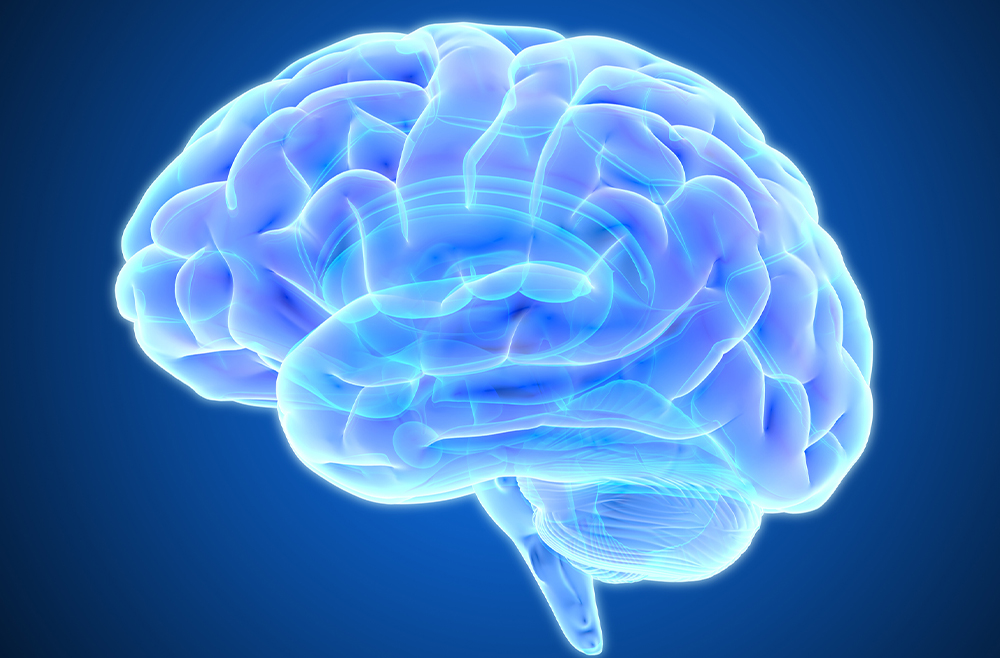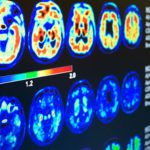A team of researchers at the University of California at San Diego found that objective subtle cognitive difficulties (Obj-SCD) may be useful in predicting amyloid accumulation, which theoretically leads to the development of neurodegenerative diseases, like Alzheimer’s disease. The results were published in the peer-reviewed journal Neurology.
The study recruited 747 participants into the Alzheimer’s Disease Neuroimaging Initiative (ADNI) to assess if routine brain imaging and biological markers can be used to measure the progression of mild cognitive impairment (MCI) and the early stages of Alzheimer’s. PET and MRI scans were initiated during examination. 305 of the participants were cognitively healthy, 153 had Obj-SCD, and mild cognitive impairment was evident in 289 of the participants.
From the findings: “The current study examined the trajectories of amyloid PET and medial temporal neurodegeneration in participants with Obj-SCD relative to cognitively normal (CN) and mild cognitive impairment (MCI) groups.”
“A total of 747 Alzheimer’s Disease Neuroimaging Initiative participants (305 CN, 153 Obj-SCD, 289 MCI) underwent neuropsychological testing and serial amyloid PET and structural MRI examinations. Linear mixed effects models examined 4-year rate of change in cortical 18F-florbetapir PET, entorhinal cortex thickness, and hippocampal volume in those classified as Obj-SCD and MCI relative to CN,” the findings read.
By the study’s conclusion, researchers determined that amyloid accumulation was faster in the participants with Obj-SCD than in the healthy control group.
“Amyloid accumulation was faster in the Obj-SCD group than in the CN group; the MCI and CN groups did not significantly differ from each other,” according to researchers.
“The Obj-SCD and MCI groups both demonstrated faster entorhinal cortical thinning relative to the CN group; only the MCI group exhibited faster hippocampal atrophy than CN participants.”
Mark Bondi, the study’s lead author, stated: “The scientific community has long thought that amyloid drives the neurodegeneration and cognitive impairment associated with Alzheimer’s disease.”
“These findings, in addition to other work in our lab, suggest that this is likely not the case for everyone and that sensitive neuropsychological measurement strategies capture subtle cognitive changes much earlier in the disease process than previously thought possible,” Bondi concluded.


